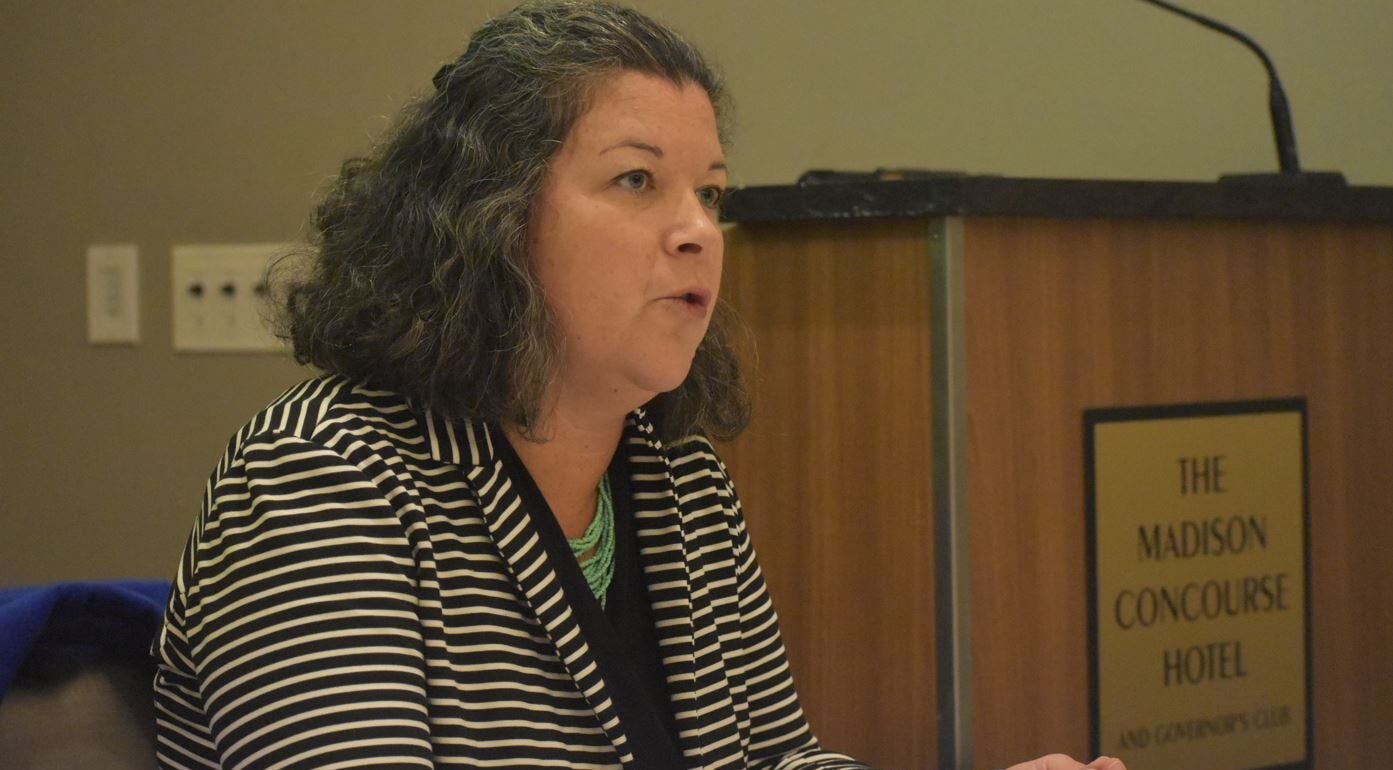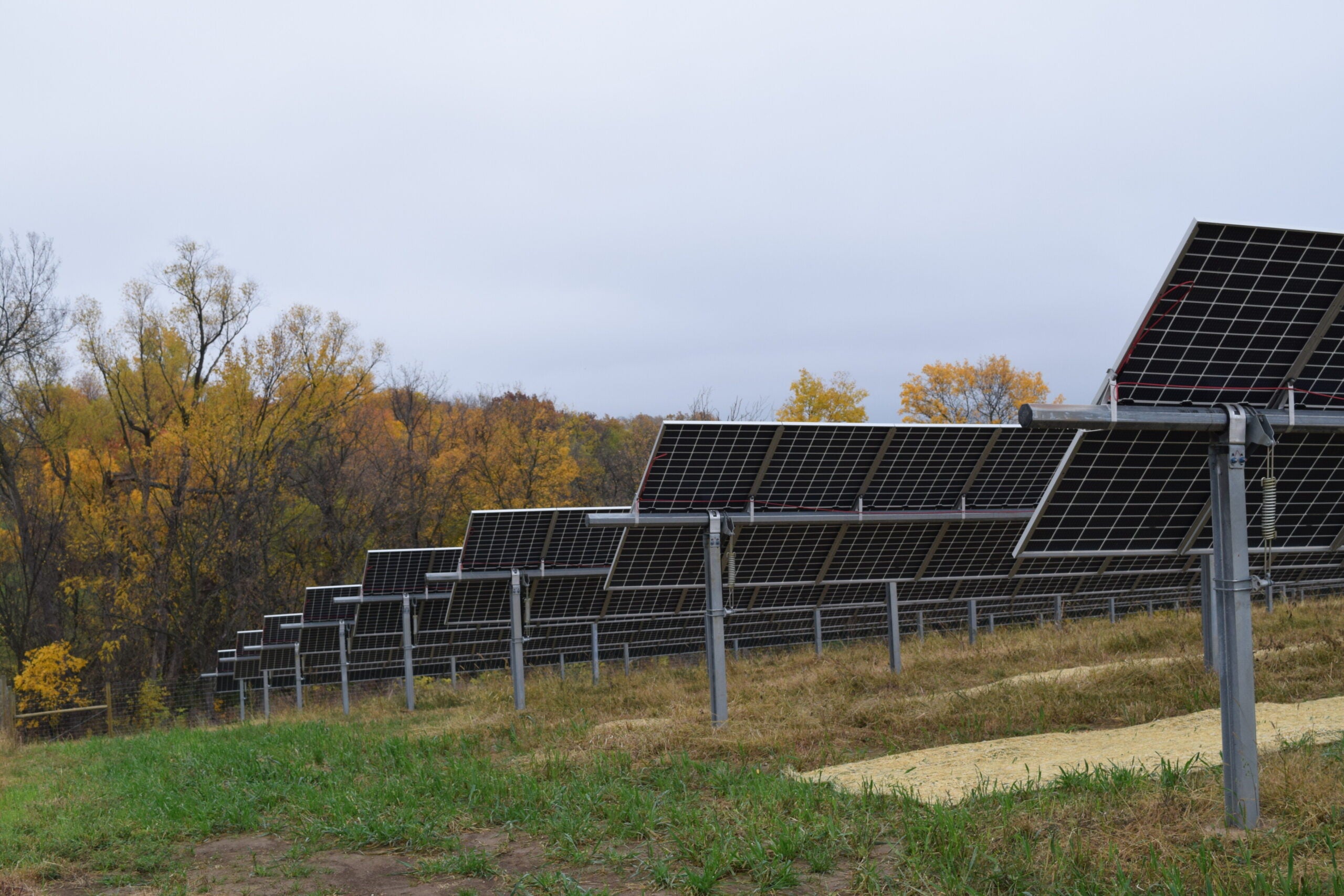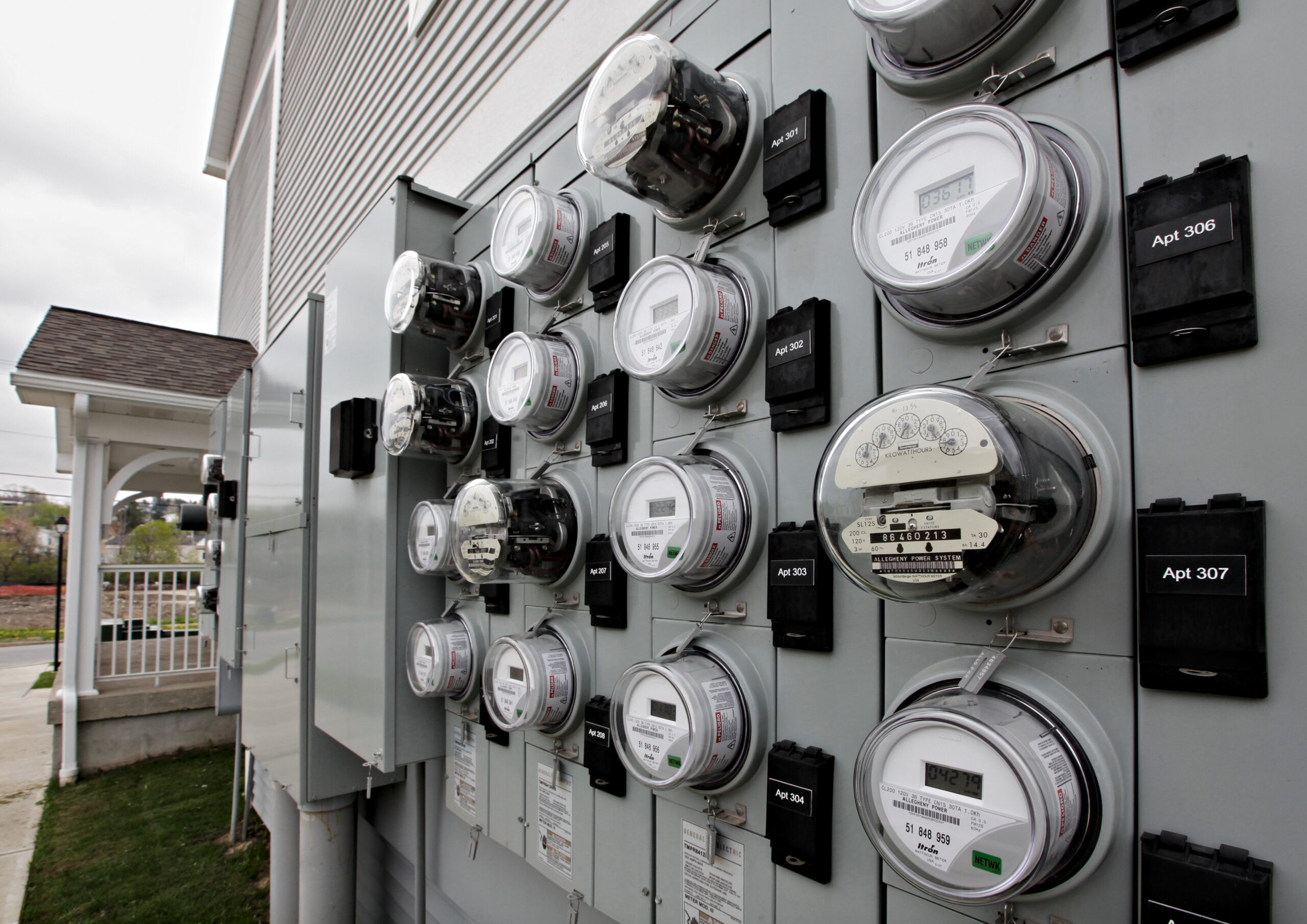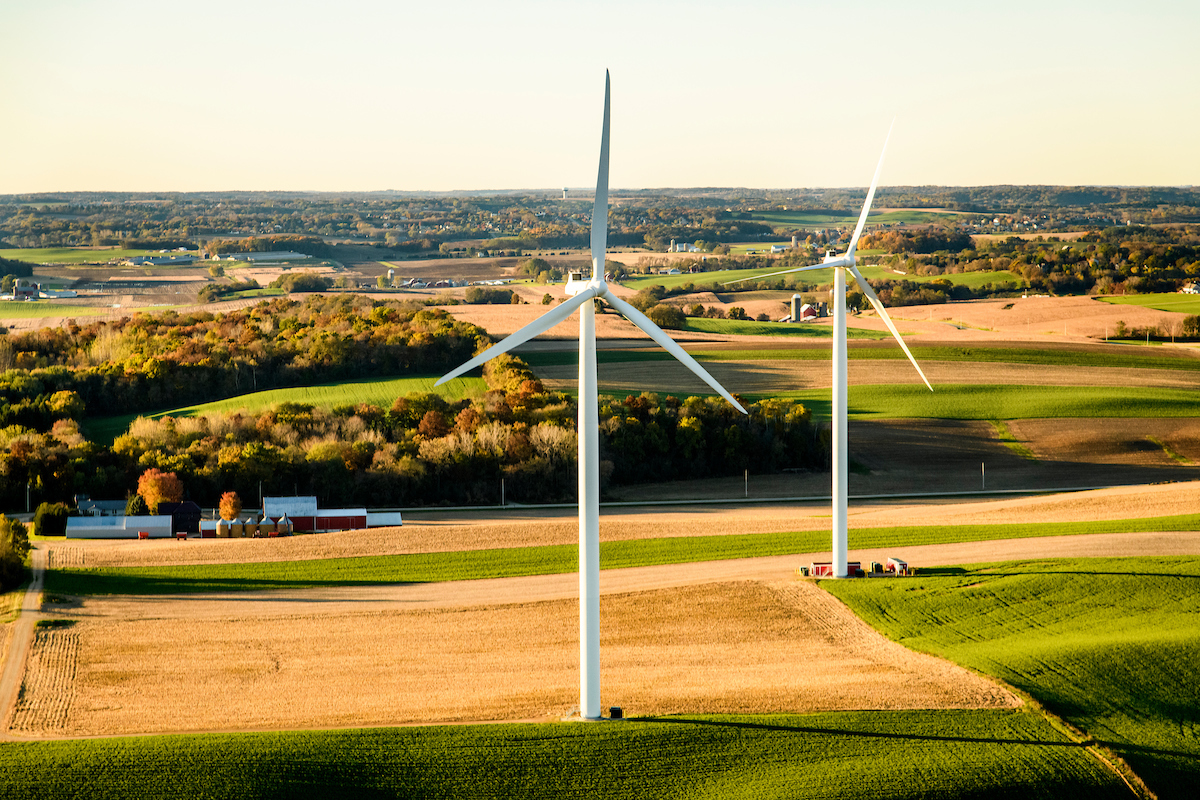With the state at a pivotal moment in its clean energy future, the head of Wisconsin’s Public Service Commission said the state needs to better tout the value provided by Wisconsin’s energy efficiency program.
At a renewable energy summit last week, PSC Chair Rebecca Cameron Valcq said lawmakers and business groups need to “flip the script” on Wisconsin’s Focus on Energy program. She took issue with them referring to increased funding for the program as nothing more than an energy tax. The roughly $100 million program works with residents and businesses to install cost-effective energy efficiency and renewable energy projects.
“We can’t allow that narrative to continue. We have got to flip the script, and we have to do it now because energy efficiency has got to continue to play a pivotal role…as part of this transition,” Valcq said.
News with a little more humanity
WPR’s “Wisconsin Today” newsletter keeps you connected to the state you love without feeling overwhelmed. No paywall. No agenda. No corporate filter.
Following her speech, Valcq told Wisconsin Public Radio the remarks were directed to members of Wisconsin’s Joint Committee on Finance, as well as Wisconsin Manufacturers and Commerce or WMC. She noted they’ve been reluctant to increase funding for the ratepayer-funded Focus on Energy program.
Two years ago, Gov. Tony Evers proposed to double the contribution from utilities for the state’s energy efficiency program under the 2021-23 budget, which would have generated an additional $100 million for Focus on Energy.
Supporters say increasing funding for the program would promote energy savings, reduce the need for costly utility investments, and help meet the state’s carbon reduction goals. Evers has set a goal for the state to consume 100 percent carbon-free electricity by 2050.
During past budget briefings, Republican co-chairs of the Joint Committee on Finance questioned the proposal to increase the contribution from utilities. Rep. Mark Born, R-Beaver Dam, is among those who have referred to the proposal as a tax. Ultimately, lawmakers stripped it and hundreds of other proposals from the budget. The committee’s co-chairs didn’t return requests for comment on Friday.
The Public Service Commission estimates the increased contribution would raise costs for the average residential customer from $10 to $20 per year, which would be paid by the utilities. Valcq said she wants to revive that proposal as part of the next two-year budget. An Evers’ spokesperson didn’t respond to a request for comment Friday on whether the proposal may be included in the governor’s budget.
“From what I’ve seen, the benefits of energy efficiency have largely accrued to the largest energy users, which is our industrial and manufacturing sector,” Valcq said. “And that matters. It matters because if energy efficiency measures can help to drive down energy costs, then those manufacturers are going to be more likely to remain in Wisconsin, or even expand in Wisconsin.”
According to most recent data, Focus on Energy served more than 1.1 million residences and more than 6,000 businesses, schools and local governments in 2021. The program generates between $2 and $4 in benefits for every dollar spent, according to the program’s most recent evaluation report.
Wisconsin Manufacturers and Commerce opposes any effort to double utilities’ contribution for that program, according to Scott Manley, executive vice president of government relations for WMC. Manley said Valcq can try to reframe it however she wants, but he said it’s still an energy tax because utilities would seek to recover that cost from customers.
“The utilities collect the tax from their customers,” Manley said. “It’s like when I go to the grocery store, and I buy an item that the sales tax applies to. It isn’t the grocery store that’s paying that tax. It’s me, the consumer, who’s paying that tax, and it’s collected by the grocery store.”
Under the program, residential and business customers saved nearly 451 million kilowatt hours of electricity with nonresidential customers seeing the largest energy savings in 2021, according to most recent data. That’s equivalent to more than 40,000 homes not using electricity, reducing demand on the grid. Residential and business customers also saved more than 15 million therms of natural gas.
Despite energy savings, Manley said there couldn’t be a worse time to propose raising the contribution with inflation and higher energy prices in the past year.
“Doubling it would be approximately a $100 million a year energy tax on consumers at a time when they can least afford it,” Manley said.
In 2018, a federal study recognized Focus on Energy as one of the most cost-effective energy efficiency programs in the nation. Now, Wisconsin ranks 26th in the nation for energy efficiency, according to the American Council for an Energy-Efficient Economy. The nonprofit organization ranks states on policies and programs that pursue energy efficiency to reduce emissions and meet clean energy goals.
Last year, utility regulators found the state’s energy efficiency program should play a larger role in cost-effectively cutting carbon emissions as part of efforts to combat climate change.
Focus on Energy said the program has removed around 69 million tons of carbon dioxide from the environment since 2011, which is the equivalent of taking nearly 15 million cars off the road.
Through avoiding carbon dioxide emissions, the Public Service Commission has stated the program generates average annual benefits worth roughly $110 million each year based on a carbon value of $15 per ton.
Wisconsin Public Radio, © Copyright 2026, Board of Regents of the University of Wisconsin System and Wisconsin Educational Communications Board.







